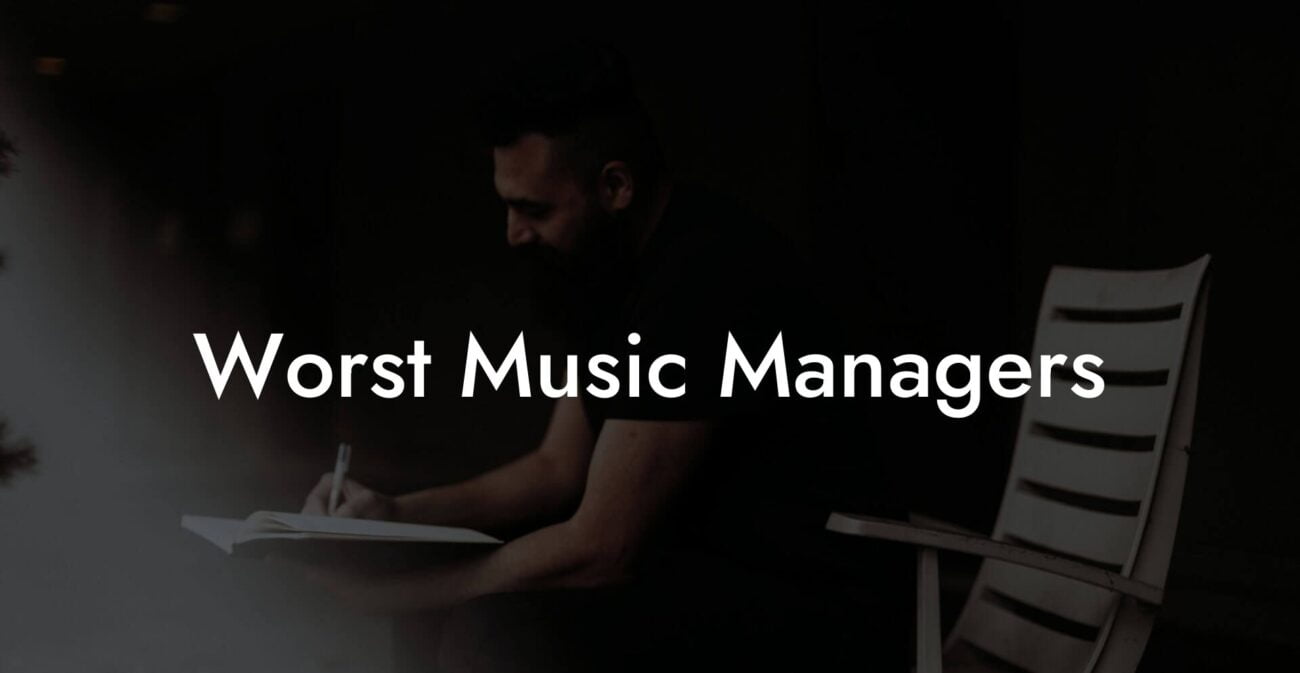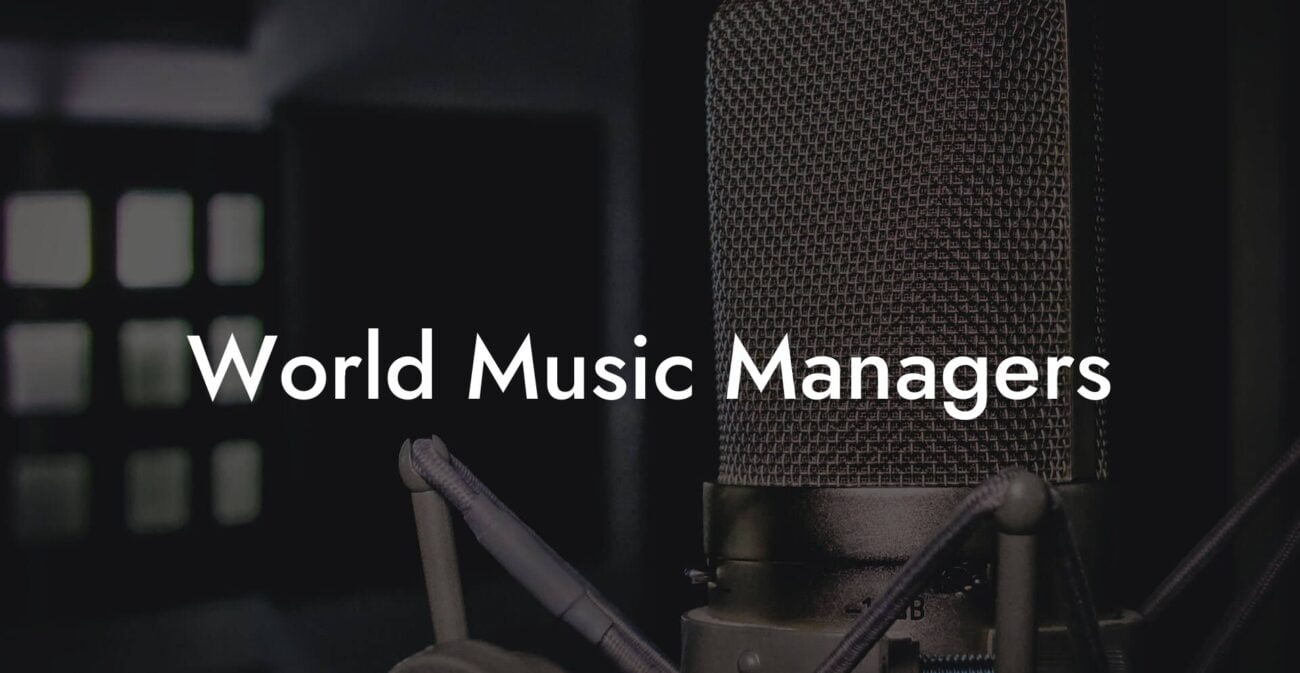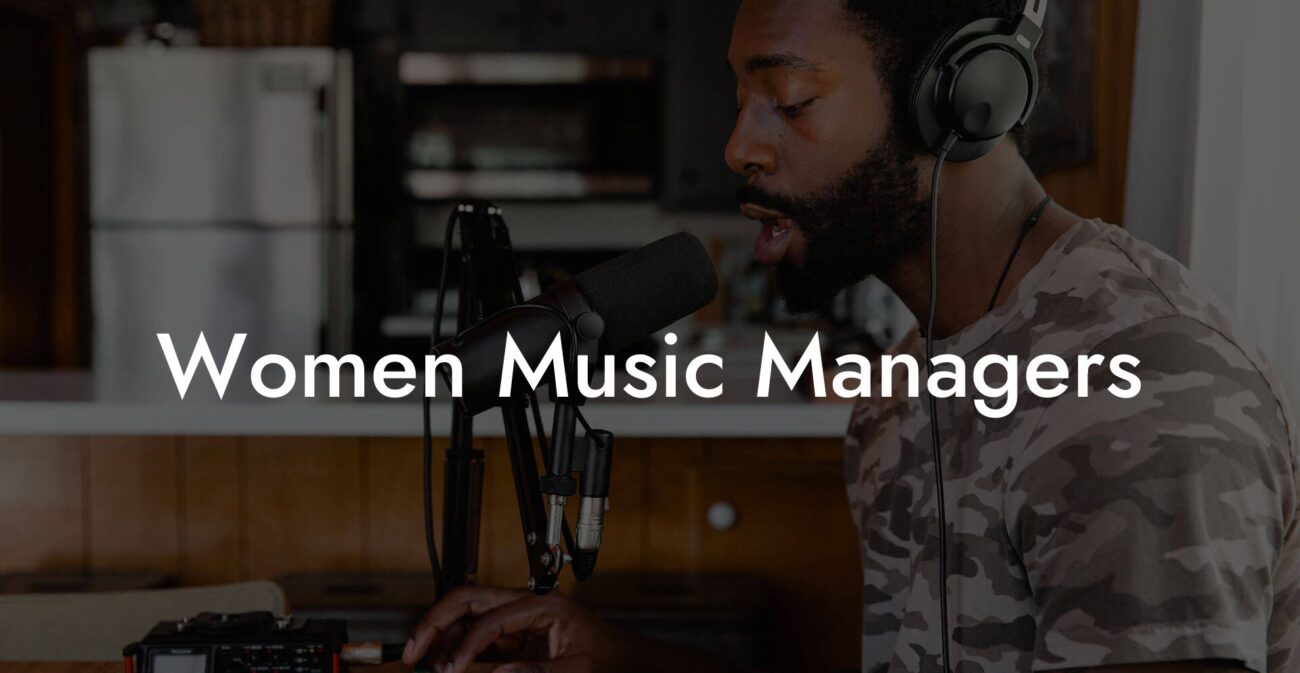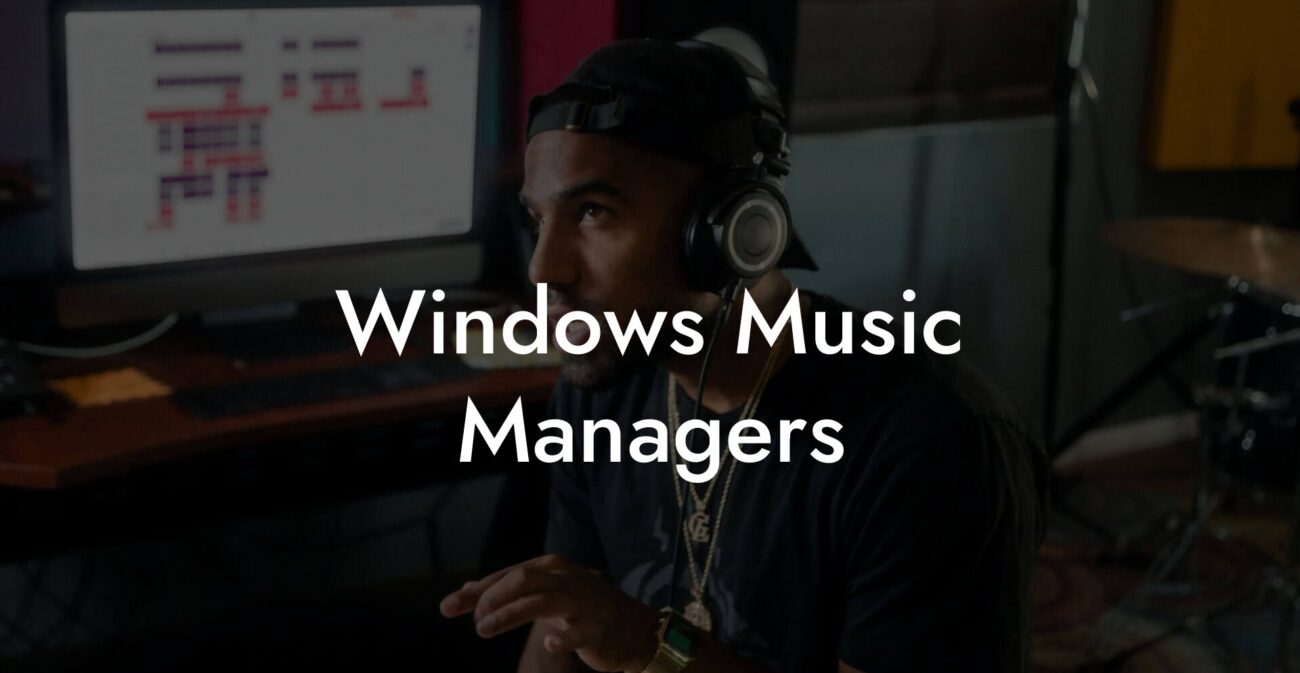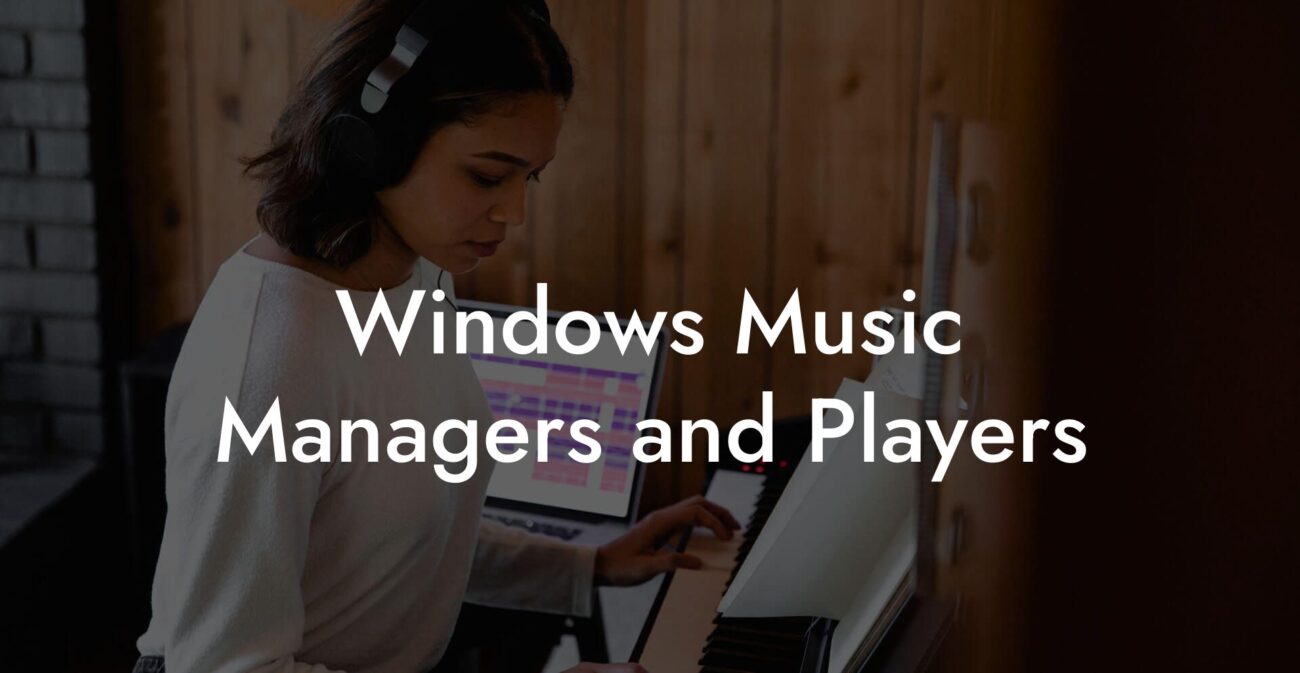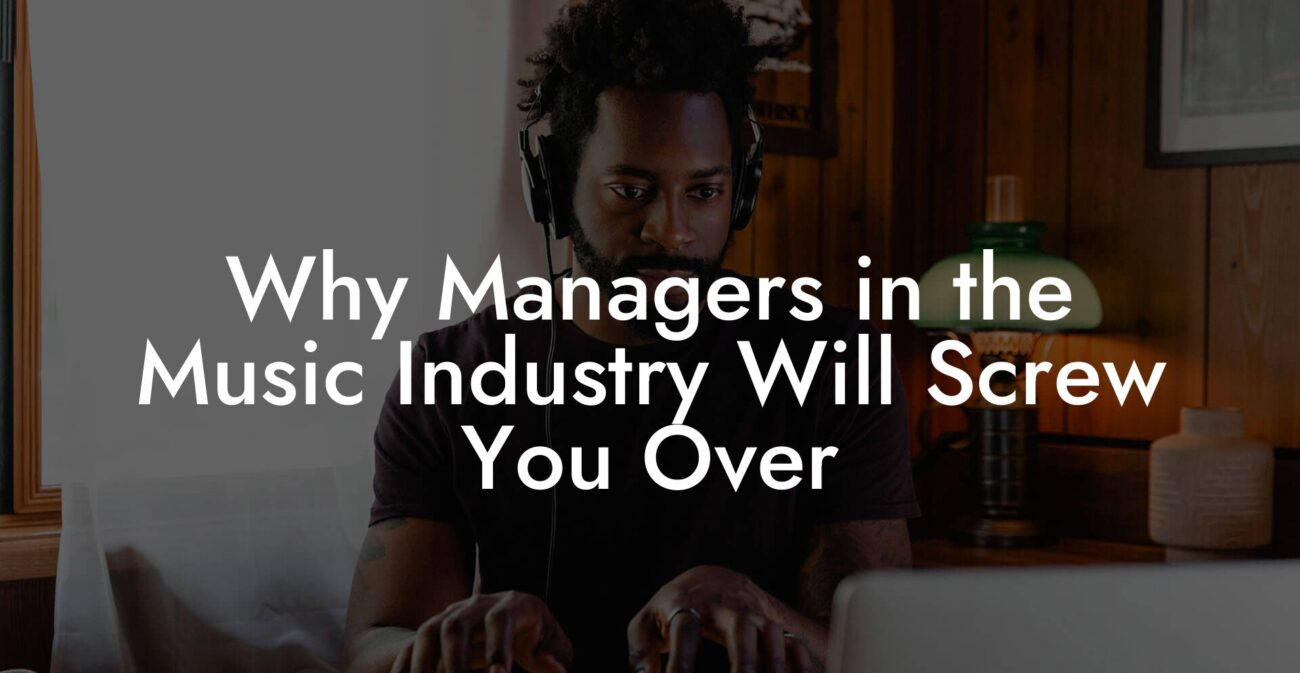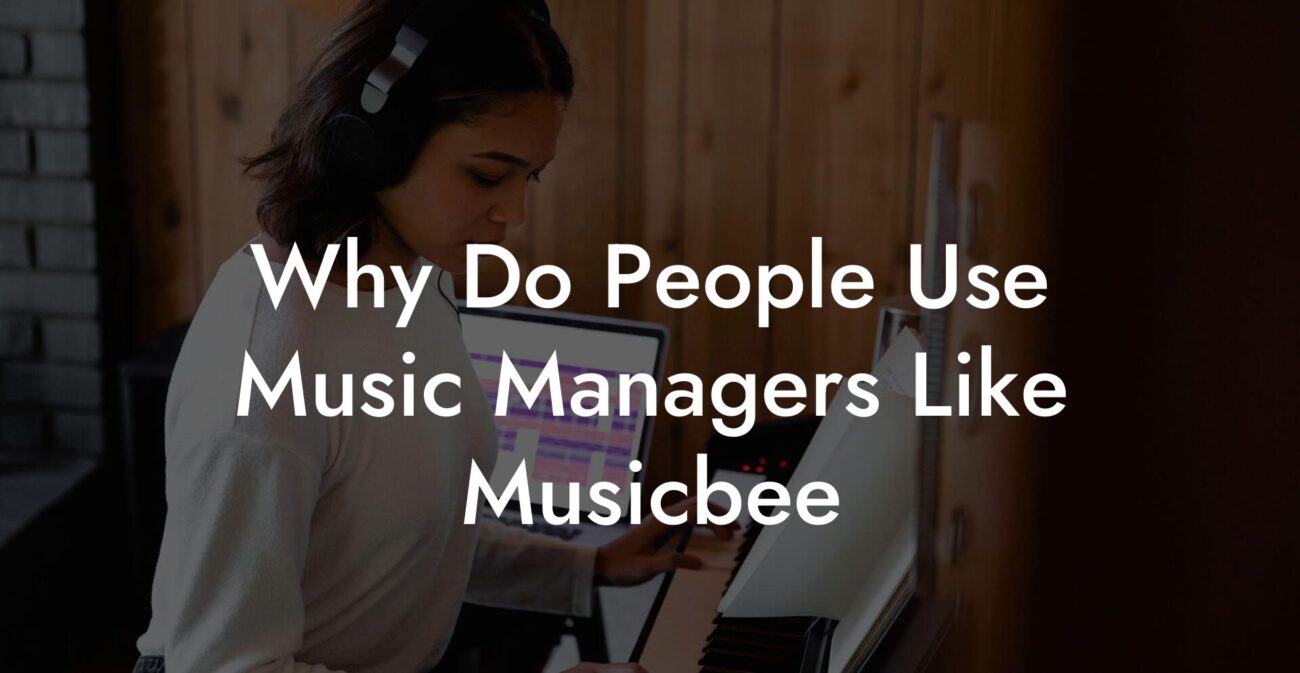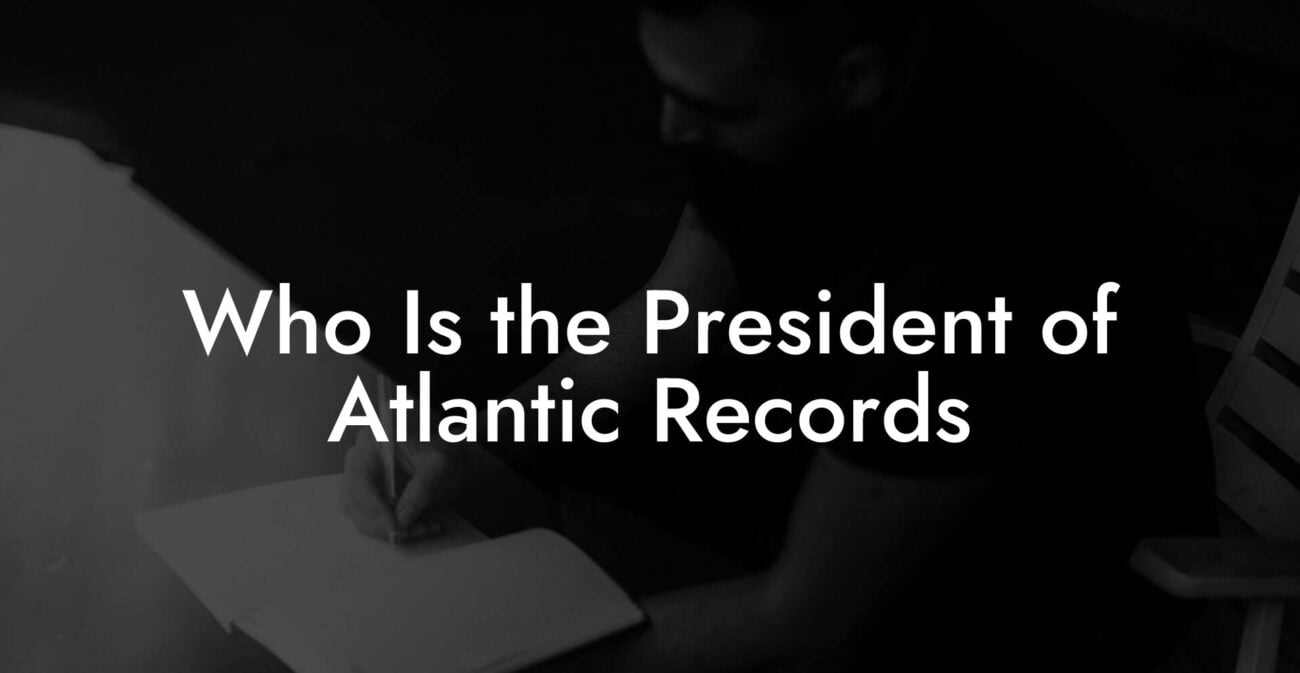Songwriting Advice
Where Can I Find a Music Manager
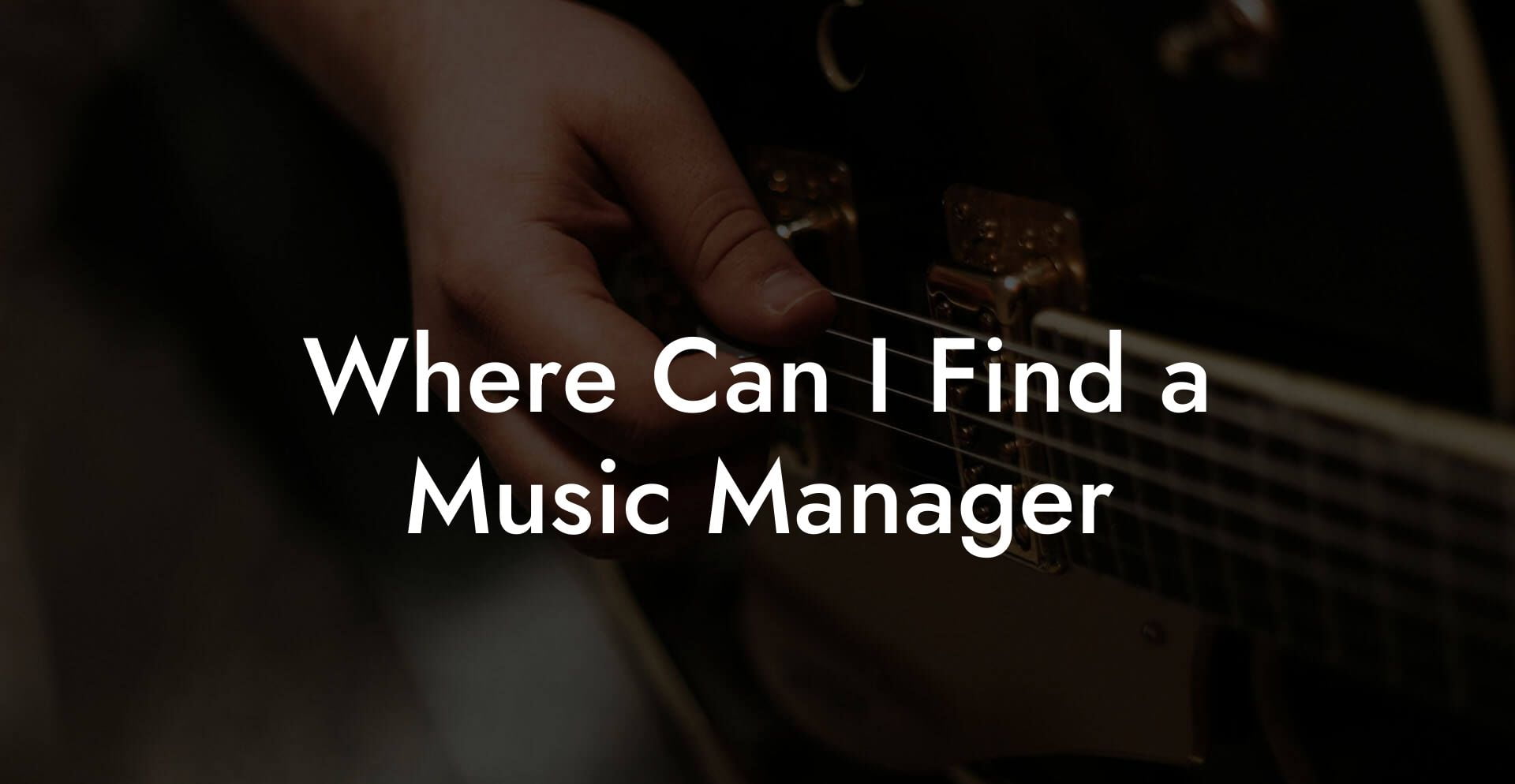
Ever felt like your music career is a mixtape stuck on repeat? You’re jamming out to your own tunes, but something’s missing, a music manager to amplify your voice, navigate the industry maze, and help your artistry reach the masses. Whether you’re dropping beats in a basement studio or penning chart-topping lyrics with Lyric Assistant by your side, finding the right music manager can be the game-changer you’ve been waiting for. Let’s dive into the world where passion meets professional guidance, and explore how you can finally level up your music journey.
Quick Interruption: Ever wondered how huge artists end up fighting for their own songs? The answer is in the fine print. Learn the lines that protect you. Own your masters. Keep royalties. Keep playing shows without moving back in with Mom. Find out more →
Quick Interruption: Ever wondered how huge artists end up fighting for their own songs? The answer is in the fine print. Learn the lines that protect you. Own your masters. Keep royalties. Keep playing shows without moving back in with Mom. Find out more →
Quick Links to Useful Sections
- Understanding the Role of a Music Manager in Today’s Industry
- Self-Assessment: Do You Really Need a Music Manager?
- Where to Find a Music Manager: Navigating the Options
- Evaluating Potential Music Managers: What to Look For
- Navigating the Business Side: Contracts, Commissions, and Negotiations
- Leveraging Modern Tools: How Lyric Assistant Can Elevate Your Music
- Building a Stellar Portfolio: The Art of Showcasing Your Music
- Resources and Community Support: Your Next Steps
- Real-Life Success Stories: Breaking Through with the Right Manager
- FAQs: Your Burning Questions About Finding a Music Manager Answered
- Your Next Step: Embrace the Journey with Confidence
Understanding the Role of a Music Manager in Today’s Industry
In an era where DIY music careers are thriving and digital platforms are democratizing the industry, the role of a music manager has evolved significantly. Gone are the days when managers were just gatekeepers to record deals and radio play. Today, they are strategic visionaries, business savants, and creative collaborators. Their mission? To help you focus on what you love, making music, while they handle the nuts and bolts of your career.
A music manager is essentially your navigator in the sprawling music industry. They connect the dots between your creative vision and the business side of things by securing gigs, negotiating contracts, managing social media strategies, and building relationships with record labels, publishers, and promoters. With a good manager in your corner, you have someone who understands the technicalities of music management and can leverage deep industry networks to boost your career.
Think of a music manager as the personal trainer for your musical success. They help you harness your unique talent, streamline your goals, and push you toward opportunities that can truly elevate your artistic journey.
Whether you’re a budding songwriter, an independent musician, or someone ready to jump into the limelight, a music manager can open doors you might not even know existed. With the right guidance, your artistry can shine brighter, transforming potential into performance.
Self-Assessment: Do You Really Need a Music Manager?
Before you sprint off to sign a contract with the first manager you find, it’s crucial to assess your current career stage and what you truly need. Are you juggling multiple responsibilities, songwriting, recording, and promoting your tunes, all on your own? If yes, having a dedicated professional to streamline communications, bookings, and strategic partnerships might be just the boost you need.
Consider these factors when evaluating your need for a music manager:
- Career Goals: Clarify your ambitions. Are you looking to make it big on social media, land streaming hits, or secure live performances? Your objectives will dictate the level and type of support required.
- Time Constraints: Balancing music creation with administration can be overwhelming. If administrative tasks are eating into your creative time, a manager can help you reclaim your focus for making great music.
- Market Presence: Do you already have a following, or are you just starting out? While early-career musicians sometimes thrive without a manager, as you scale, professional support becomes more vital to navigate contracts, collaborations, and industry pitfalls.
- Financial Considerations: Many managers work on a commission basis, a percentage of your earnings. Weigh this against what you’d spend on handling these tasks on your own. Investing in professional management can lead to long-term financial benefits through smarter deals and opportunities.
An honest self-assessment helps you pinpoint exactly what you need. You might discover that while you’re passionate about songwriting and armed with the creative force of Lyric Assistant, you’re not quite ready to juggle the business side of things. That’s where a music manager steps in, making your career not just a dream, but a sustainable, thriving reality.
Remember, the right manager will align with your vision and work collaboratively to ensure that every note you take, every beat you drop, contributes to a harmonious career trajectory.
Where to Find a Music Manager: Navigating the Options
So, you’ve decided it’s time to team up with a music manager. But where exactly can you find one who’s the perfect fit for your unique sound? The music industry is a vast ocean, and knowing where to cast your net is key.
1. Industry Events and Conferences: Music festivals, industry conventions, and networking events are golden opportunities to meet music managers face-to-face. These events are buzzing with energy and creativity, offering a chance to build genuine connections and discover managers who are actively seeking new talent.
2. Online Platforms and Social Media: The digital revolution has brought the music industry closer than ever before. Platforms like LinkedIn, Instagram, and specialized music forums are bustling with professionals who can offer music management services. Don’t underestimate the power of a well-curated online profile, showcase your music, engage with your audience, and attract the right kind of professional attention.
3. Music Industry Websites and Directories: Several websites are dedicated to connecting independent artists with music professionals. Directories like Sonicbids, ReverbNation, and even niche blogs often list managers actively scouting for talent. A thorough search on these platforms can yield promising leads.
4. Referrals and Industry Networks: One of the best ways to find a reliable music manager is through word-of-mouth referrals. Talk to fellow musicians, producers, or even music teachers who might have insights into the local music scene. Personal recommendations often lead to partnerships built on trust and proven track records.
5. Talent Competitions and Showcases: Participating in music competitions or local showcases is another effective way to catch the eye of industry experts. Managers often attend these events in search of fresh, innovative talent. Your performance in these settings can be a live audition that speaks far louder than your online presence.
6. Music Blogs and Podcasts: For the digital native, many music blogs and podcasts interview industry insiders, including seasoned managers. These features not only inspire but also provide direct contact details or ways to reach out to potential managers who have a proven track record in the industry.
The key is to use a multi-channel approach. Don’t limit yourself to one method. Combine online research with in-person events and targeted networking to create a diverse list of potential music managers. Once you’ve compiled your list, you’ll be ready to refine your choices based on compatibility, expertise, and your shared vision of success.
Evaluating Potential Music Managers: What to Look For
Finding a music manager is much like dating, you need to establish chemistry, trust, and a shared vision. Once you’ve found a few candidates, evaluating them against clear criteria is essential to ensure a long-lasting and fruitful partnership.
Experience and Reputation: Look for a manager with a track record in the music industry. Research their past and current clients, read up on success stories, and see how they’ve navigated the careers of other independent musicians and songwriters. A manager with industry clout can open doors that might seem invisible now.
Passion for Your Genre: The best managers are those who resonate with your music style and artistic vision. A genuine passion for your genre means they’re more likely to advocate for you authentically and put in the extra work to ensure you shine in your niche.
Transparency and Communication: A good manager makes sure that you’re kept in the loop regarding bookings, negotiations, and strategy. They prioritize clear, honest communication and have a structured approach to managing your career. Make sure they have a solid contract in place that outlines roles, expectations, and financial arrangements.
Creativity and Problem-Solving: Your career will encounter bumps in the road, and having a manager who is creative in overcoming obstacles is vital. They should be able to pitch innovative ideas, offer alternative strategies, and adapt to the ever-changing dynamics of the music industry.
Alignment with Your Vision: At the core, your music is an extension of your identity. Choose a manager who understands your goals and shares your vision for where you want your music career to go. This alignment ensures that every decision made is in sync with your long-term aspirations.
Additionally, consider conducting informal interviews with potential managers. Prepare questions that cover their experience, their strategy for artist development, and how they plan to help you integrate digital tools like Lyric Assistant into your workflow. A good manager will not only answer your questions but also ask insightful ones, signaling their genuine interest in your success.
This evaluative process might be time-consuming, but finding the right match is invaluable. It’s the difference between feeling supported and lost in the chaotic rhythm of the music industry.
Navigating the Business Side: Contracts, Commissions, and Negotiations
Once you’ve zeroed in on a promising music manager, the next step is to tackle the business aspects, often the part that sends a shiver down every independent musician's spine. But don’t worry; with the right advice and a dash of savvy negotiation skills, you can ensure a fair and mutually beneficial arrangement.
Understanding Contracts: Music management contracts outline the responsibilities, commission structure, and duration of the relationship. Generally, managers work on a commission basis, typically between 10% and 20% of your earnings. Read the document thoroughly, and don’t hesitate to consult a legal expert specialized in entertainment law to make sure your interests are protected.
Negotiating Terms: Every musician’s journey is unique, and standard contracts might not fit your specific needs. Negotiate terms that allow flexibility. For instance, you might consider a trial period to evaluate the partnership, or include clauses that permit you to regain full creative control in certain scenarios.
Setting Clear Expectations: It’s important to lay out a clear roadmap of what you expect. This includes the kind of gigs you’re aiming for, social media strategies, and collaboration opportunities. When expectations are explicitly discussed, your manager can tailor their approach to align with your career goals.
Financial Transparency: One of the crucial aspects of the business relationship is financial management. Ensure that your manager provides detailed reports of earnings, expenses, and commission deductions. Transparency in financial dealings builds trust and fosters a healthy, long-term relationship.
Exit Strategies: Even the best partnerships might reach a natural end. Make sure your contract covers exit clauses and conditions that allow either party to terminate the agreement without excessive penalties. This safeguard ensures that if the partnership isn’t producing the desired results, you can pivot and explore other opportunities.
Navigating the business side of music management might seem daunting at first. However, with clear communication, professional guidance, and a solid grasp on your own goals and limits, you can negotiate terms that set the stage for a thriving career without compromising your creative integrity.
Leveraging Modern Tools: How Lyric Assistant Can Elevate Your Music
In today’s digital era, the success of any musician is deeply intertwined with the use of innovative technology. Tools like Lyric Assistant are not just software, they are your creative partners, helping streamline the songwriting process and infusing your music with fresh, compelling lyrics. When every line you write resonates, it catches the ear of prospective collaborators and, yes, even music managers.
Lyric Assistant offers a suite of features for songwriters:
- Inspiration on Demand: Whether you’re facing writer’s block or just need a spark, Lyric Assistant generates creative prompts, ideas, and even full lyric drafts tailored to your musical style.
- Refined Editing Tools: Perfect your verses with editing suggestions that balance rhyme, rhythm, and meaning, ensuring every lyric hits the mark.
- Collaboration Made Easy: Share your drafts directly with collaborators or prospective managers, allowing real-time feedback and creative synergy.
Integrating Lyric Assistant into your workflow means you’re not just prepared for the spotlight, you’re ahead of the curve. A polished portfolio of lyrics, crafted with smart technology, gives potential music managers a tangible taste of your creative prowess. This combination proves that you’re ready to not only make music but to innovate within the space.
When you’re searching for a music manager, showcasing your digital-savvy approach can be an incredible advantage. It signals that you’re capable of evolving with the fast-paced music industry trends and that you’re serious about blending creativity with modern technology.
Building a Stellar Portfolio: The Art of Showcasing Your Music
In a world where first impressions often hinge on your digital presence, having a well-rounded portfolio is essential. Your musical portfolio isn’t just a collection of tracks or lyrics, it’s your personal brand, your artistic statement, and your gateway to connecting with the right manager.
Here are some tips to help you craft a portfolio that stands out:
1. Curate Your Best Work: Showcase a range of your best pieces, from catchy singles and deep-cut album tracks to those raw, heartfelt demos. Ensure that each piece reflects a different facet of your style, proving both versatility and depth.
2. Integrate Multimedia: Combine audio tracks, professionally shot videos, live performance clips, and even lyric sheets created with Lyric Assistant. A multimedia portfolio captivates a potential music manager’s attention by offering an immersive look at your artistry.
3. Highlight Your Achievements: Whether it’s awards, significant live performances, or impressive streaming statistics, include testimonials and achievements that signal your growth and potential.
4. Regular Updates: The music industry is ever-changing. Keep your portfolio current by regularly updating it with new projects and milestones. This dynamic approach shows that you’re evolving and serious about your career.
5. Personal Branding: Incorporate your story, what drives your creativity, your unique perspective on music, and how you use resources like Lyric Assistant to inspire your songwriting. Authenticity resonates deeply and can catch the eye of a manager looking for genuine passion and commitment.
A well-crafted portfolio acts not only as a showcase of your talent but also as a conversation starter. It can be the difference between a cold email and a meaningful industry connection. With each update, you’re not just refining your art; you’re building a narrative that a potential music manager can believe in.
Resources and Community Support: Your Next Steps
The journey to finding a music manager doesn’t have to be a solo expedition. There are abundant resources and supportive communities available to help you connect with industry professionals and carve out a sustainable career in music.
Online Communities and Forums: Websites like Reddit’s r/WeAreTheMusicMakers, Gearslutz, and industry-specific Facebook groups are hubs for creative collaboration. Here, you can ask for manager recommendations, collaborate on projects, and share your experiences with like-minded musicians.
Local Music Associations: Consider joining local or regional music organizations. These groups often host networking events, workshops, and live showcases where you can meet managers who are actively looking for fresh talent.
Mentorship Programs: Look for mentorship opportunities offered by industry veterans or music schools. Many established professionals run programs that guide emerging artists, not only refining your craft but also connecting you with industry insiders like music managers.
Music Blogs and Podcasts: Stay tuned to shows and blogs that profile emerging artists and interview music managers. These platforms can offer unique insights and even direct contacts. Not only do they keep you informed about trends, but they also provide a repository of advice and insider tips.
Workshops and Webinars: Engage in online webinars and local workshops focused on music business strategies. These sessions often cover how to pitch your work effectively, negotiate contract terms, and maximize your online presence, which are all key topics when discussing what to look for in a music manager.
These resources create a network of support that can be invaluable as you navigate the music industry’s complexities. They offer a safe space to ask questions, learn from peers, and gain firsthand insights that can demystify the process of finding a music manager.
Take advantage of these communities to build your confidence, refine your strategy, and connect with professionals who understand your journey. The more informed and engaged you become, the easier it is to recognize and seize opportunities as soon as they pop up on your radar.
Real-Life Success Stories: Breaking Through with the Right Manager
Success in the music industry isn’t just about luck, it’s about aligning with the right people. Countless artists have transformed their careers by teaming up with a music manager who believed in them and provided the expertise needed to navigate the industry's obstacles.
Consider the journey of indie artist Jamie, who started out as a bedroom songwriter with a small but devoted online fanbase. After leveraging community support and enhancing his portfolio with cutting-edge tools like Lyric Assistant, Jamie caught the attention of a seasoned manager at a local music event. This partnership led to studio collaborations, secured live gig opportunities, and eventually, a national tour that skyrocketed his profile.
Similarly, Alex, a passionate songwriter with an unmistakable talent for blending genres, tirelessly networked at online conferences and local showcases. His persistent efforts eventually connected him with a music manager who had previously worked with mainstream acts. With the manager’s industry insights and strategic planning, Alex’s music not only reached a wider audience but also garnered attention from influential record labels.
These stories are powerful reminders that with a proactive approach, clear vision, and the right support, the dream of making it big in the music industry can become a reality. They show that beyond the passion and creativity lies a collaborative spirit, one that transforms potential into tangible success.
Every musician’s success story starts with a single connection. Perhaps your breakthrough moment is just an email, a conversation, or a chance meeting away.
FAQs: Your Burning Questions About Finding a Music Manager Answered
Below are some of the most commonly asked questions to help you navigate the journey of finding a music manager. From the role they play to the best practices in securing a manager who truly represents your artistic vision, these FAQs cover the essential details you need to know.
1. What exactly does a music manager do?
A music manager is responsible for developing your career strategy, securing performance opportunities, negotiating deals, managing your schedule, and connecting you with key industry players. They help bridge the gap between your creative talent and the business side of the industry.
2. How do I know if I need a music manager?
If juggling the creative and business aspects of your career is becoming overwhelming, or if you’re ready to scale your musical presence with professional guidance, a music manager can help streamline the process and unlock new opportunities.
3. Where can I meet a good music manager?
You can find music managers at industry events, online networking platforms, through referrals from fellow musicians, local music associations, and even on specialized music directories. Diversifying your search avenues increases your chances of finding a great fit.
4. What should I look for in a music manager?
Look for someone with industry experience, a strong reputation, clear communication skills, and a genuine passion for your genre. A music manager should align with your vision for success and demonstrate a track record of helping artists achieve their goals.
5. Can I negotiate my contract terms with a music manager?
Absolutely. It’s essential to clarify expectations, commission structures, and exit strategies in your contract. Don’t hesitate to seek legal advice to ensure that your rights and interests are adequately protected.
6. How important is it to have a polished portfolio before approaching a manager?
A well-curated portfolio that showcases your best work is critical. It demonstrates your commitment, creativity, and potential for growth, all factors that a music manager will consider when deciding whether to work with you.
7. What role can digital tools play in this process?
Digital tools like Lyric Assistant can help streamline your songwriting process, enhance your portfolio, and demonstrate your innovative approach to music creation, making you a more attractive candidate to potential managers.
8. Is a music manager necessary for an independent musician?
While many independent musicians start off managing everything solo, a manager becomes increasingly beneficial as your career grows and you require professional guidance to navigate more complex opportunities.
Your Next Step: Embrace the Journey with Confidence
Finding the right music manager is not a one-size-fits-all shortcut, it’s an investment in your future as an artist. It’s about discovering a partner who truly gets your vision, who believes that your beats have the power to change the world, and who is ready to hustle just as hard as you do. The right manager will make the difference between playing small gigs and commanding stages, between uncertain chaos and a thriving, well-charted career.
Begin by leveraging every resource at your disposal. Network at events, refine your portfolio, and stay true to your unique style. Integrate innovative tools like Lyric Assistant to keep your creative edge sharp, and immerse yourself in the communities that share your passion for music. Each step you take is a note in your symphony of success.
The industry is buzzing with opportunities waiting for emerging stars like you. There’s a music manager out there who’s not only skilled in navigating the business but also gets inspired by your raw, unfiltered talent. So, take that leap, start those conversations, and let your music do the talking.
The path ahead may be winding, but with determination, the right networks, and a professional partner by your side, you’re destined to write the soundtrack to your own extraordinary journey. Embrace the challenge, trust in your potential, and get ready to transform your passion into a resonant legacy.


